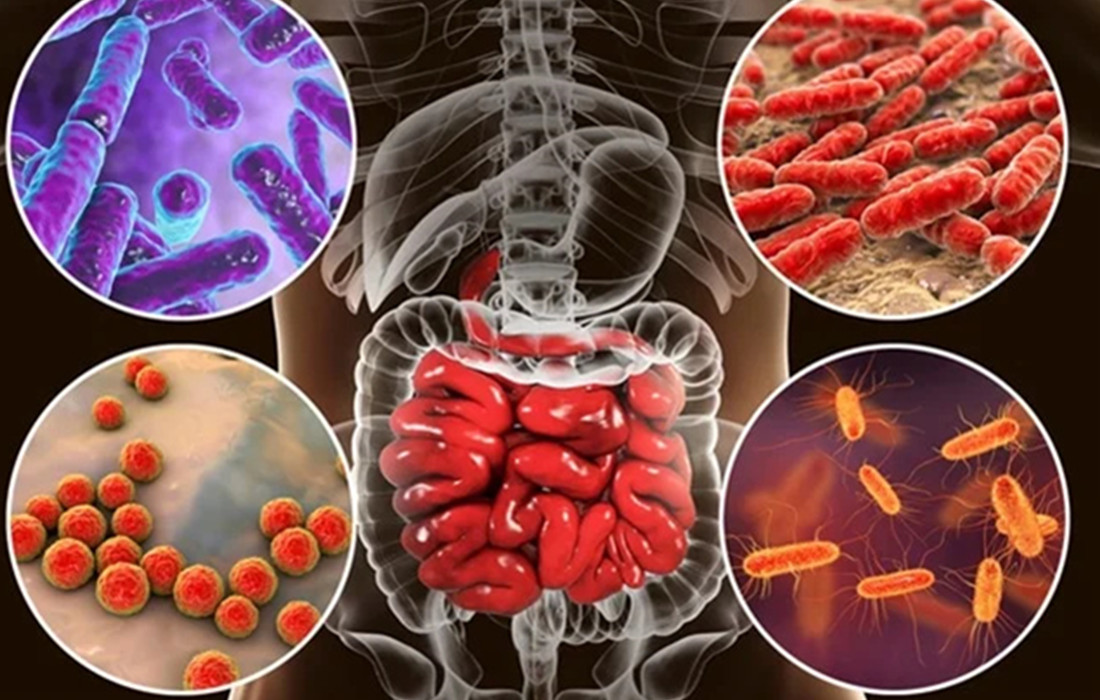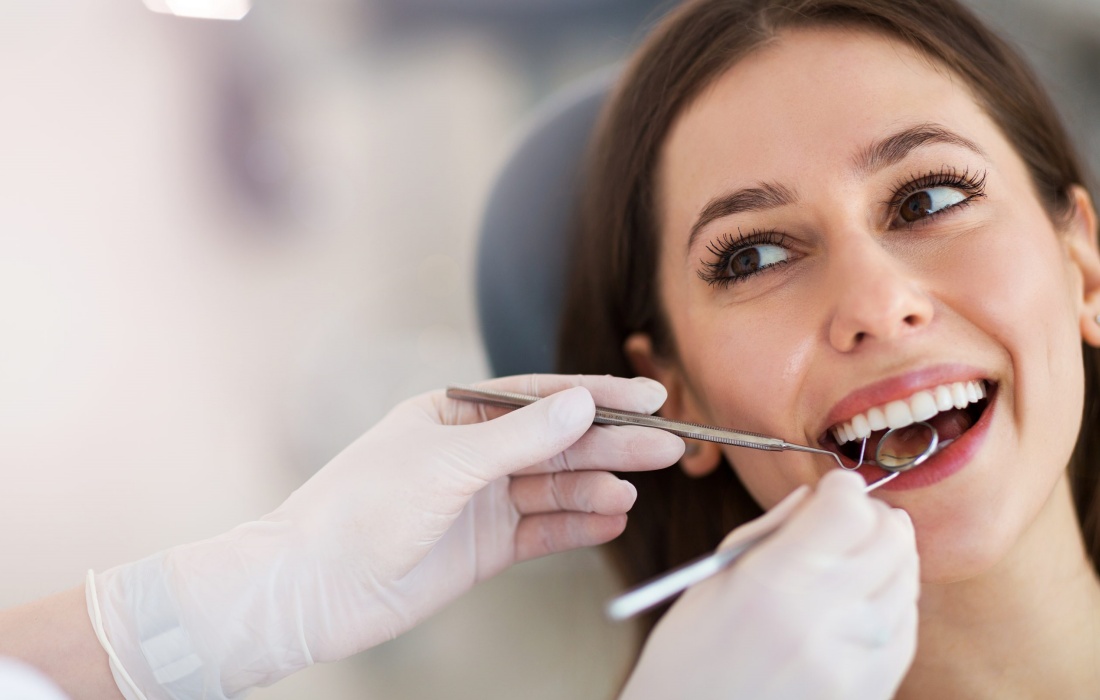In a study published in Cancer Network, researchers found that differences in the microbiome signatures of rectal cancer patients may impact how they respond to treatment. By analyzing the composition of gut bacteria in these patients, researchers identified specific microbial patterns that correlated with treatment effectiveness and patient outcomes. This groundbreaking discovery highlights the intricate relationship between the microbiome and cancer progression, offering new insights into potential therapeutic interventions.
Furthermore, the emergence of precision medicine in oncology has underscored the importance of considering individual variations, including microbiome diversity, when designing treatment regimens for cancer patients. By incorporating microbiome analysis into clinical practice, healthcare providers can tailor therapies to target specific microbial imbalances and enhance treatment efficacy.
 As the field of microbiome research continues to expand, further investigations into the complex interplay between gut bacteria and cancer biology are essential for advancing personalized medicine approaches. By elucidating the role of the microbiome in rectal cancer treatment, researchers aim to optimize patient outcomes, minimize treatment-related side effects, and ultimately improve the quality of care for individuals battling this disease.
As the field of microbiome research continues to expand, further investigations into the complex interplay between gut bacteria and cancer biology are essential for advancing personalized medicine approaches. By elucidating the role of the microbiome in rectal cancer treatment, researchers aim to optimize patient outcomes, minimize treatment-related side effects, and ultimately improve the quality of care for individuals battling this disease.

Hi~Living Deals from "Dr. Fuhrman"










